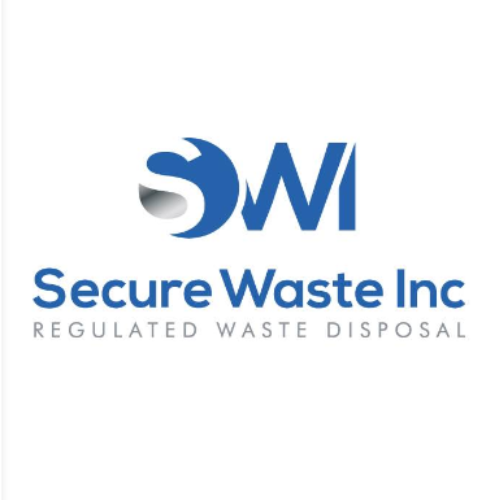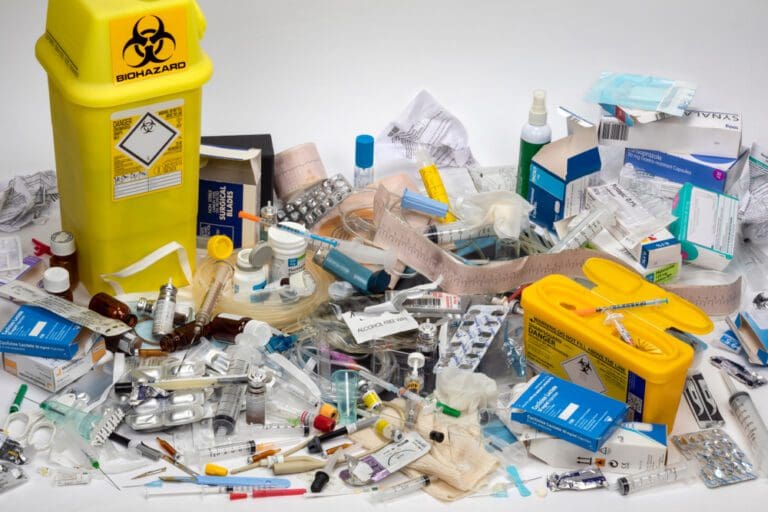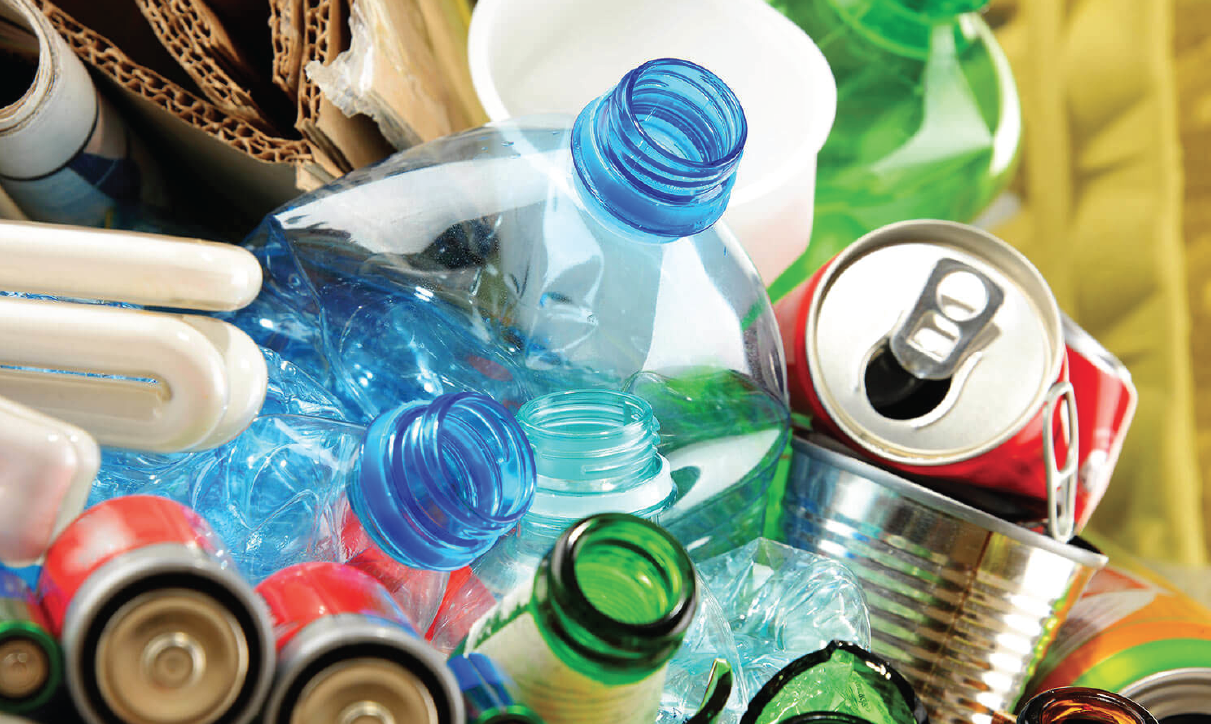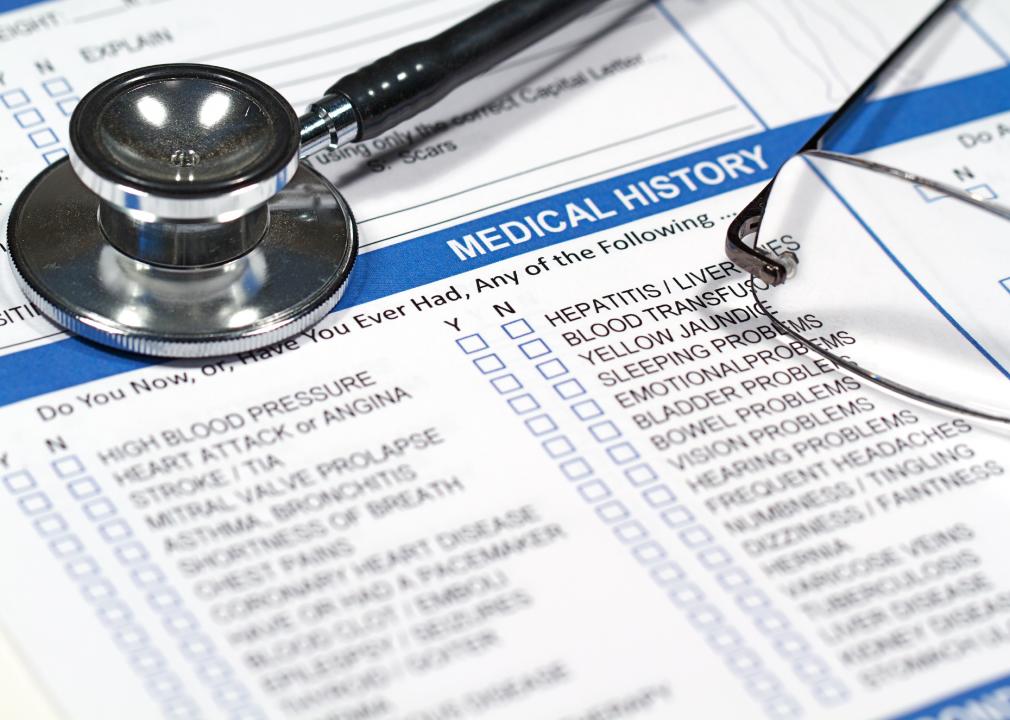Proper Hazardous Waste Disposal in Maryland, Virginia, and Washington, D.C.
Unwanted chemicals, toxic materials, and discarded batteries/household solvents may seem trivial in appearance but are extremely hazardous Waste. Yearly, companies and organizations that fail to dispose of rights cause undue threats to human health, public WELL-BEING, and floor. Proper procedures yield clear benefits: they safeguard human health and the environment, cut Waste, and boost recycling and conservation.
Take this link to the rules in the Mid-Atlantic: Maryland, Virginia, and Washington, DC. Firms should pay particular attention to federal requirements and local laws regarding their respective Waste. Understanding what counts as hazardous Waste and following Resource Conservation and Recovery Act (RCRA) personnel–and with the state—will allow organizations to dispose of something safely and legally.
Hazardous Waste refers to any junk put into the playing field that is dangerous for humans or the environment. According to the EPA and its definitions of waste products, hazardous Waste may significantly threaten human health or the environment. Examples include solvents, used oil, pesticides, heavy metals, and many lab/industrial by-products. RCRA (federal law passed in 1976) = EPA is your boss from “cradle to grave” on hazardous Waste, and generators are responsible for it from cradle until grave.
In reality, this “cradle to grave” way of operating ensures that Waste is managed safely at each step: storage of classified waste on-site, label handling to be approved by your disposal facility, vehicle transport, and delivery to permitted treatment disposal facilities. Maryland, Virginia, and Washington, DC are a few of the states with Clean up EPA-Permitted hazardous waste programs. Federal standards must be met, or often surpassed, by each state regarding what they enforce. For instance, resources, including the Department of Environment (MDE) in Maryland, DEQ here in Virginia, and the DC Department of Energy & Environment (DOEE), have special reporting rules, storage, and training requirements businesses must follow. State or local agencies will heavily regulate short-hand, an RCRA-triggers stream of Waste at the federal level.
Regulations and RCRA Compliance
The bedrock of hazardous waste law is RCRA. It defines the waste classification and establishes federal land, water, and air regulations for managing dangerous substances. The RCRA program incorporated the basic design standards for landfills and incinerators, provided operational requirements, required permits for waste facilities, and established what is commonly known as the waste tracking system of manifests.
RCRA, therefore, classifies waste generators into three major groups according to the monthly hazardous waste quantities generated: very-small-quantity generators (VSQGs), small-quantity generators (SQGs), and large-quantity generators (LQGs). There are obligations under each category. For example, a VSQG produces zero or less than 220 lbs of hazardous waste per month, where all wastes are identified and routed to an authorized transfer station only with fewer forms. SQG (220–2,200 lbs/month ) has extra onus, such as deadlines on how long Waste can remain on site and manifest regulations. The LQG (2200 lbs per month and up) is the harshest: they can only hold Waste for 90 days, comply with stringent preparedness and emergency rule requirements, and have the biennial generation limits report it files.
It doesn’t matter what the category is; the liability will always be the waste generator. If something leaks, spills, or you break the rules of waste management — and this comes out of your Waste – you (the person who created the mess) will be liable, probably with some fines. Those regulations apply in Maryland, Virginia, and DC, like other parts of the country. All three jurisdictions indeed have RCRA-identified units and could demand enhanced duties beyond those imposed by federal law under the circumstances. For example, the DC. The Health Department adds reporting requirements for some wastes, and Virginia law has specific provisions regarding the disposal of electronic Waste. Be sure to look into any additional laws the state or local environmental agency may have for businesses. The takeaway is obvious: if your facility is handling any amount of hazardous waste, it must know what it is (RCRA lists) and manage those materials properly in RCRA and under applicable local law. This includes needing necessary permits or EPA ID numbers, keeping accurate records, and ensuring the staff have the required hazardous waste training as defined by RCRA.

Six Steps for Proper Hazardous Waste Disposal
Handling hazardous Waste may seem complicated, but it can be organized into a straightforward process. Experts recommend a six-step approach to make sure nothing is overlooked. These steps help Maryland, Virginia, and DC businesses comply fully with regulations and protect people and the environment.
1. Identify the Waste
The initial and most crucial step for proper hazardous waste disposal is classifying the Waste. Improper Identification of Waste is a grave concern, with the potential for Environmental Contamination, Regulatory Fines, and Hazards to staff and public health. One should go through its Safety Data Sheets (SDS), manufacturer labels, and EPA waste codes to see if a purported material is flammable, corrosive, reactive, or toxic for business. Hazardous Waste is defined by these Four characteristics under Federal regulations.
The other is whether or not a waste appears on specific hazardous waste lists (F-list, K-list, P-list, and U-list) EPA. The identification is not only classified but also properly labeled. Every waste container must be labeled with what it is and what it may have. This is the first building block for the entire disposal process from its onset. Local requirements in Maryland, Virginia, and DC also mandate that ID records be kept and logged accurately.
2. Quantify the Waste
The first step after figuring out what kind of Waste we will start measuring in terms of monthly quantity is this. It is not just good record keeping—this is the law. The generator status is determined by the EPA and adopted into state regulations as the percentage of hazardous Waste generated in any calendar month. There are the following categories: Very Small Quantity Generator (VSQG), Small Quantity Generator (SQG), and Large Quantity Generator(LQG)
Your classification also determines your duties. For example, SQG has tighter storage times, recordkeeping, and employee training requirements than VSQG. The most strict tier is LQG, which contains 90-day limits and mandatory reporting aside from the level. Running out of compliance will be easy for state inspectors in Virginia, Maryland, or DC via audits if you don’t correctly classify your waste generation. This is critical for being able to plan pickups and, for that, your business to fit with the correct analytics city you’re about or do in output.
3. Notify the Proper Authorities
If you are in the SQG and LQG categories, you must report this to the EPA (and your state agency) in writing. This includes getting an EPA ID number, which is how they will track your Waste from the beginning of the disposal process to the end. In Maryland, you will register with the Maryland Department of the Environment; in Virginia, with DEQ; and in DC, go to the Department of Energy & Environment.
State-specific laws extend even to the smallest of businesses that have marked VSQGs. Several states require registration or simplified notification of registrable generators, even the tiniest. Employers must figure out who to contact and notify so that the right parties are held accountable for adherence with the EPA, transparency is enforced, and waste tracking is ensured; this also relates to manifesting transportation and treatment of Waste down the line. Remember: Correct notification is not a once-off; it needs to be reviewed in case your operations or waste volumes change.
4. Manage Waste On-Site Safely
While you have yet to remove this Waste from your property, you are responsible for handling and storing it. In the context of on-site management, RCRA requires that there be very well-sealed waste containers that will not leak and do not cause corrosion. Containers must also be labeled with “Hazardous Waste, ” specific hazard labels, and accumulation start dates.
MINIMUM: A temporary Waste Accumulation Area (WAA) with secondary containment and spill response materials within 50 feet. Containers should be inspected routinely so you do not have voids, missing lids, or overfilled containers. We require SQGs and LQGs preparedness and prevention plans. These include authorizing the emergency coordinators, controlling fire equipment and spills, and employee training. Waste on-site management will protect your employees and property; an environmental compliance inspection will scrutinize this in most jurisdictions.
5. Prepare the Waste for Transport
Hazmat shipping entails more than simply loading barrels onto a transport truck. The DOT and EPA have stringent rules regarding how hazardous materials should be packed for transport. Only approved, DOT-compliant containers that satisfy UN performance standards must be used for Waste. A no-negotiable Label and markings—on each drum pail or box, you will need your correct hazard class label handling information and UN identification code.
The Uniform Hazardous Waste Manifest is one of the most critical elements in shipping hazardous waste. The document serves as a legal tracking agent that starts when Waste is generated until the point of endpoint. It has information on the generator’s name, transporter, type and volume, and the facility or place where it is headed.
A business can be vicariously liable for non-compliance or Waste if there is no whole and fair manifest in place. Also, you need to work only with certified hazardous waste carriers who understand the DOT and EPA regulations. If you’re in Maryland or DC, could you ensure they know state-specific rules for both states?
6. Dispose of or Treat the Waste Properly
At a permitted facility, the final step is treating or disposing of the Waste. Depending on the nature of hazardous Waste, a different disposal method will be used — incineration, neutralization, stabilization, or secure landfilling. Examples include used solvents/oils — some waste may be recyclable or be used for energy recovery (e.g., waste oils). The receiving facility must supply the Certificate of Disposal or other equivalent documentation proving Waste has been taken to legal disposal.
Where compliance meets environmental stewardship and hazard, even one mistake—sending Waste to the wrong facility or disposing of disposal records—can lead to expensive fines. That is why working with a licensed provider like Secure Waste simplifies and protects the process. Secure Waste ensures that all loads are handled permissible for the EPA and supported by state-specific requirements, provides full document coverage from start to finish, and always follows up with a Certificate of Disposal for your peace of mind on the compliance side going forward.
Choosing a Compliant Disposal Company
Because of complexity and risk, many organizations find it challenging to figure out what to do, so they partner with hazardous waste specialists. Choose your disposal provider wisely and with some strength in that area, specifically local to the industry, and understand local/ state regulations. When choosing a waste hauler, seek someone responsible, reliable, and who can ensure compliance with local and federal rules.
A good example of this for companies in the Mid-Atlantic is Secure Waste, and we help Secure Waste. Secure Waste has been in the industry for over 25 years and is a regional hazardous & medical waste management leader. They are dedicated to healthcare facilities, labs, and other generators in the Maryland, Virginia, and DC markets, providing customized waste management programs and flexible service options.
They are all about compliance and selling transparency. “All of our operations comply with or ahead of regulatory requirements, and we provide full audit trails for manifests and others. Your staff is fantastic, too ― R-IIOS is trained to meet the most current RCRA requirements and safety protocols to ensure proper disposal is in capable hands.
Why Secure Waste is the Trusted Local Solution
Clients and regulators throughout the states of Maryland, Virginia, and DC highly recommend Secure Waste with its hazardous waste disposal. They focus on the non-contract for life, upfront pricing, and license advantages that function when enterprises frequently try to find a way to control overhead expenses that they need to comply with. The value of secure wastes itself as validating vendors: its clients appreciate their reliability, low-cost service responsiveness, and the peace of mind from having service non-monopolistic.
In addition to convenience, Secure Waste heavily stresses its sustainability and environmental policies. For example, it touts the pollution control technology and practices it provides for the ecological restoration of Maryland by using contemporary waste disposal technologies and recycling programs.
It can be great for your business to work with a disposal company that complies with the law but also offloads Waste away from landfills toward a greener future. This will permit Maryland, Virginia, and DC companies to comply with regulatory obligations while aligning with relevant environmental aims.
Get in Touch with Secure Waste Today
With hazardous waste disposal for your facility, it’s time to get it done correctly! Contact Secure Waste, the expert on waste disposal in compliance at the heart of the Mid-Atlantic. Free waste assessments and no-bullsh*t quotes are guaranteed for businesses in the DMV, with no hidden fees or lengthy contracts. The standard for you is to contact Secure Waste at 877-633-7328 or browse their website. Their team of experienced, chatty folks will help you sort your Waste and set up systems for when they come to pick up your stuff and get things in writing.
Don’t Hand Hazardous Waste Off to Chance —Work with a proven professional who fully understands the RCRA specifics and local and state regulations. Decades of experience and dedication to service from Secure Waste allow you to do business knowing your hazardous Waste is taken care of. For more information, contactus@securewaste.net or call 877-633-7328 to schedule a disposal plan. Commence Today To Remain Compliant, Safeguard Your Staff & Community, And Deliver Maryland, Virginia, And DC An Environment That Is Healthier And Safer.

Expert Medical Waste Management: With over 25 years of industry experience, Secure Waste is a trusted local leader in hazardous and biohazardous waste disposal across Maryland, Virginia, and Washington, D.C. Specializing in medical waste management, sharps needle disposal, and biohazard waste removal, the company ensures full compliance with federal, state, and local regulations while prioritizing environmental sustainability.
The company also offers additional services, including secure document shredding and sharps container sales, providing comprehensive solutions for healthcare facilities and businesses. Our cost-effective services help clients maintain regulatory compliance without unexpected costs.
With a commitment to customer satisfaction, Secure Waste offers tailored waste management plans that align with industry best practices. Their team of experts provides reliable, timely, and compliant services, making them the preferred choice for medical waste disposal. For a free waste quote or more information, visit www.securewaste.net






